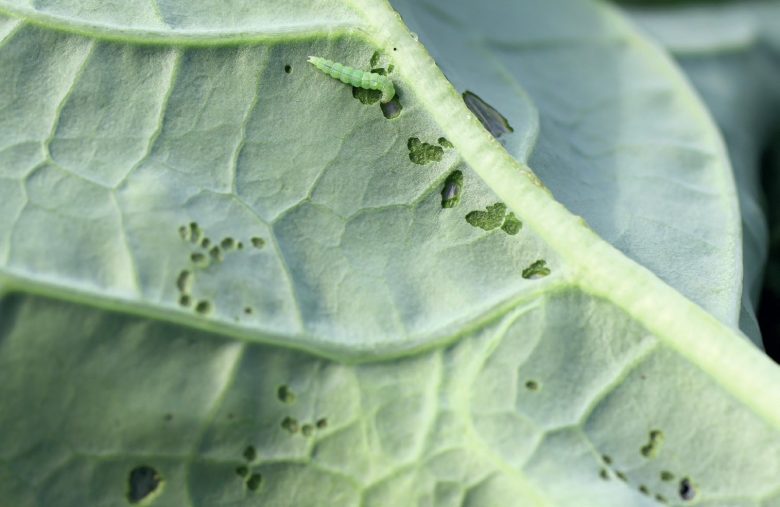
Antibody Antigen Immunoglobulin Monoclonal antibody Disease therapy
Our immune system destroys anything that it does not recognise as a ‘self’ tissue or molecule. This presents a particular problem in pregnancy, as illustrated by rhesus disease. A protein called the rhesus D antigen is found on the surface of red blood cells. Some people make this protein and are called RhD+, others do not and are therefore RhD−. In RhD– women, the RhD protein is just as foreign to their immune system as measles virus protein, and is equally good at provoking an immune response.
Your organisation does not have access to this article.
Sign up today to give your students the edge they need to achieve their best grades with subject expertise
Subscribe




